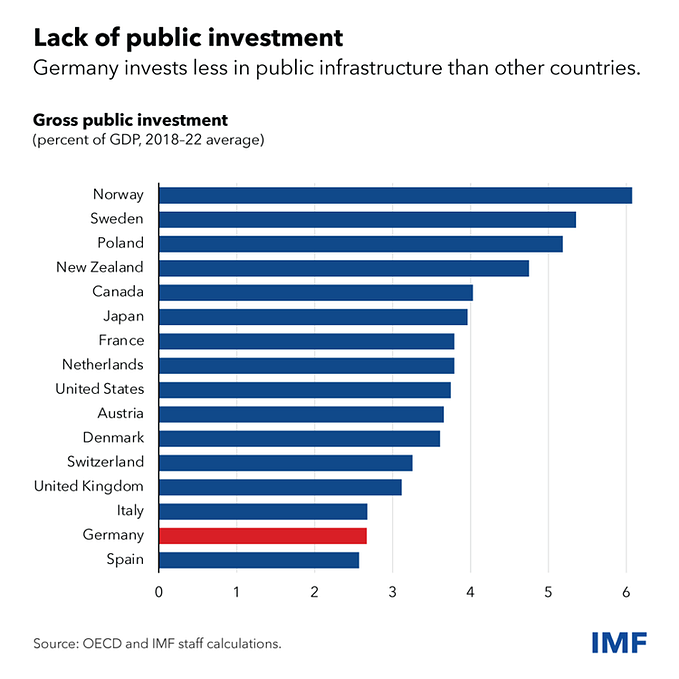Yup: Time is Weird during COVID-19

“Waking up is weird these days,” one of my friends texted me this morning.
For sure.
And it is not just waking up. Time itself feels weird.
To be honest: even in “normal times” I find calendars, clocks and schedules a bit confusing. It is probably why I spend a fair amount of time engaging with creating better histories in order to create better futures and create circular calendars: I find time mysterious … and not always easy to navigate.
But this is more bizarre than usual. I was surprised at the extent to which I was having a hard time keeping up with time and getting confused about my own schedule, given that I usually work from home. The rhythm of my days is different than Before COVID-19 (BC-19), but not as drastically different as those whose entire schedules have been cancelled; or who shifted from being on the road to being at home; or who have lost their jobs entirely.
During my daily “Wisdom during Apocalypse” sense-making circles around the key issues (craziness) of our times to support personal and collective strategies, I recently started noticing small comments that people made, including people who are used to creating their own schedule, about how many of them are experiencing time as abnormal. It wasn’t just me. It is not just you.
If we think of time as the monthly calendar, the ticking clock or the digital cell phone, which is to say, an abstract and mostly precise measurement device based on the movement of Earth around Sun, then time has not changed. Earth still circles sun. It is this circularity that led me to join the rising numbers of people revitalizing circular calendars to compliment the linearity of dominant temporal time keeping.
I generally differentiate between two forms of physical time: the planetary cycle which shapes our individual time keeping devices and our unique bio-region, which influences when we experience sunrise and sunset (behind a mountain or over the flatlands?) and the seasons, which profoundly influence our experience of the world.
But our experience of time is not only physical. It is significantly influenced by collective social and economic rhythms. We are afterall social beings. When a person accepts a job as a nurse, his experience of time is significantly different than if he had been previously in grad school, or unemployed, even if he is staying in the same geographic location. His hours are now shaped by the rhythm of his particular occupation. All of which leans on the larger social structure’s temporal cycles.
Our sense of “what time it is” is influenced by all of our senses and, thus, the social and material rhythms of the world around us. The quality of morning light coming in through the window; the sound of the birds and the traffic from the streets outside our window; the smell of the coffee from the neighborhood coffee shop; the taste of too-hot chai held in the feeling of a favorite mug.
Of those four things mentioned, at least two of them, the noises of traffic and the smell/sounds from the neighboring coffee shop, have drastically changed if not entirely disappeared. The sense of loss is the sense of loss of an entire social era — a moment in time. And now we are here. In the absense of normal time, as defined by our society and our relationship to our society for our entire lives, it is no surprise that people’s sleeping, eating, drinking, and other basic life patterns are abnormal. In other words: in this uncertain moment, time is weird.
Not only has most people’s sense of normalcy shifted as “normal” is put on an indefinite pause, but with it has gone their sense of “public time” — which is to say not only their individual lives, but the way in which the public sphere is experiencing time.
How can we cultivate a sense of time — especially meaningful time — in this void of social and economic time?
As we are inherently ecological beings, this is an amazing opportunity to let yourself rely more heavily upon the time-keeping of Earth. This could include rising and sleeping (or at least going offline) with the sun rise and sun set. It could mean making a point of going outside at high noon — take a walk, sit, have lunch. But try to do roughly the same thing almost every day: for example, a walk morning between 8am and 9am and an afternoon walk between 1 and 2pm and an evening pause/5 minute meditation. How can you connect to the natural cycles? If you are stuck in an apartment, can you grow plants on a windowsill? Sit in the sunshine? Morning, afternoon, and evening: what can you do to differentiate these parts of the day, and respect them?
But in some ways, the greater challenge is social time, by which I mean not only the time that we spend with our social circles, but the way in which our experience of time is constructed by, in and through our social circles.
Here, I recommend finding a social rhthym to tap into while you are at home. Some faith communities are offering daily online services; families might create further at-home rituals; different online communities have regular offerings. You may have lost choir practice, theater outings, and cooking for dinner parties; you may have lost your job. What else can you and your community do together on a regular basis? Can you sing to a different person everyday?
And, of course, this is a good time for those things that benefit from deepening into timelessness.
Meditation, scripture study, serious writing or art projects and even lovemaking; all benefit from being able to “loose track of time” and enter a time beyond this time.
I won’t pretend that we know for sure if we will ever enter “normal” BC-19 time again. But this period of time won’t stay the same. Of this, the proverbs are clear in their timeless wisdom: This too shall pass.








